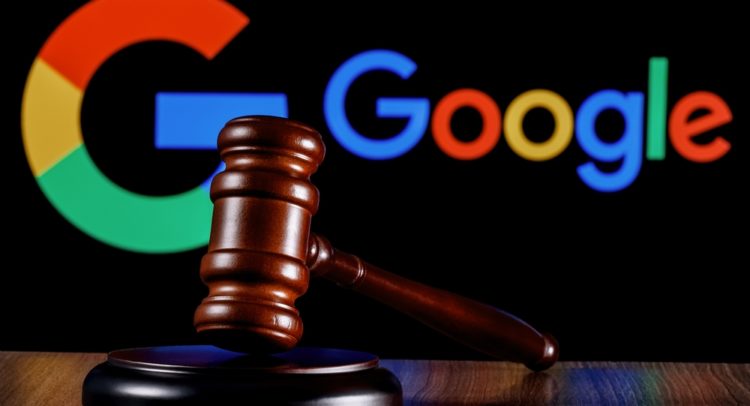|
Getting your Trinity Audio player ready...
|
The Impact on Consumers and Innovation
The government’s case centers around exclusive contracts that Google has spent billions of dollars on to become the default search engine on smartphones and web browsers. By doing so, Google has limited the options available to consumers, effectively stifling competition. Judge Mehta ruled that these contracts were anticompetitive, setting the stage for significant penalties or even a breakup.
One of the key penalties under consideration is the elimination of Google’s exclusivity deals. This could have a profound impact on smartphone users, as deals with companies like Apple ensure Google is the go-to search engine on the majority of mobile devices. If the DOJ succeeds, users might see a “choice screen” allowing them to select their preferred search engine when setting up their devices—a practice already implemented in the European Union.
Additionally, the DOJ is exploring other potential remedies, such as preventing Google from routing searches through its own browser, Chrome, by default. This practice, known as “self-preferencing,” has increasingly drawn scrutiny from U.S. regulators concerned about its anti-competitive effects.
AI and Google’s Competitive Edge
The DOJ is not just focused on Google’s current dominance in search; it is also looking to the future. The government’s court filing raised alarms over Google’s ability to leverage its monopoly power in search to maintain an advantage in artificial intelligence. Google’s access to massive amounts of data—critical for training AI models—has made it a formidable player in the AI space.
In an effort to curb Google’s AI dominance, the DOJ is weighing several penalties, including allowing websites to opt-out of having their content used to train Google’s AI or appear in AI-generated search results. The DOJ also proposed that Google might have to share its AI software models with competitors, opening the door for other companies to challenge Google in the rapidly growing AI field.
Stock Market Reaction and Financial Implications
The potential breakup of Google has already rippled through the stock market. Shares of Alphabet Inc. (GOOG), Google’s parent company, dipped by 1.9% in the opening hours of trading on Wednesday, though they later recovered slightly as broader market indexes edged higher. The drop signals investor uncertainty about the future of Google’s business model and the broader implications of the DOJ’s antitrust efforts.
The ruling against Google could also set a precedent for other tech giants, many of which are also facing scrutiny for anticompetitive practices. For instance, Amazon, Apple, Meta, and Ticketmaster are embroiled in their own antitrust battles with U.S. regulators.
What’s Next for Google and Big Tech?
The DOJ’s filing is just the latest development in what could be a long legal battle. While the government has laid the groundwork for potential penalties, including a breakup, the exact path forward remains uncertain. Google has vowed to appeal Judge Mehta’s ruling, arguing that its success in search is driven by consumer preference, not by anticompetitive behavior. This appeal process, combined with the next phase of penalties, could take months or even years to fully resolve.
If the government successfully breaks up Google, it could mark a new era in the regulation of Big Tech. Antitrust experts and policymakers will be closely watching the outcome, as the remedies imposed on Google may inform how regulators approach other antitrust cases against major players in the tech industry.
Conclusion: A Pivotal Moment for Antitrust in the Tech Industry
The U.S. government’s case against Google represents a turning point in the relationship between Big Tech and antitrust law. As the DOJ pushes for remedies that could include breaking up Google’s key businesses, the outcome of this case could reshape the tech landscape for years to come.
Whether through a breakup, penalties, or continued appeals, the fight over Google’s dominance is far from over. But one thing is certain: the tech industry—and how we experience the internet—may never be the same.
